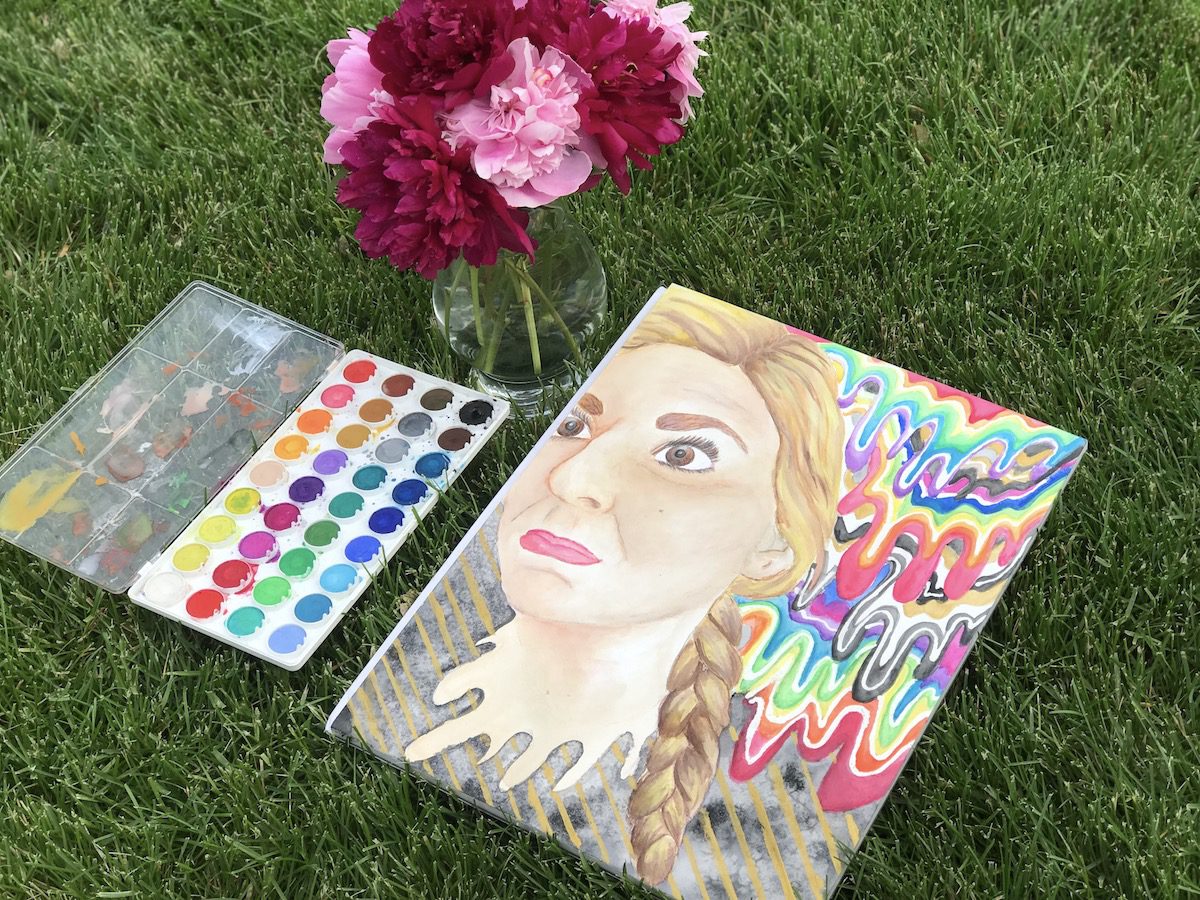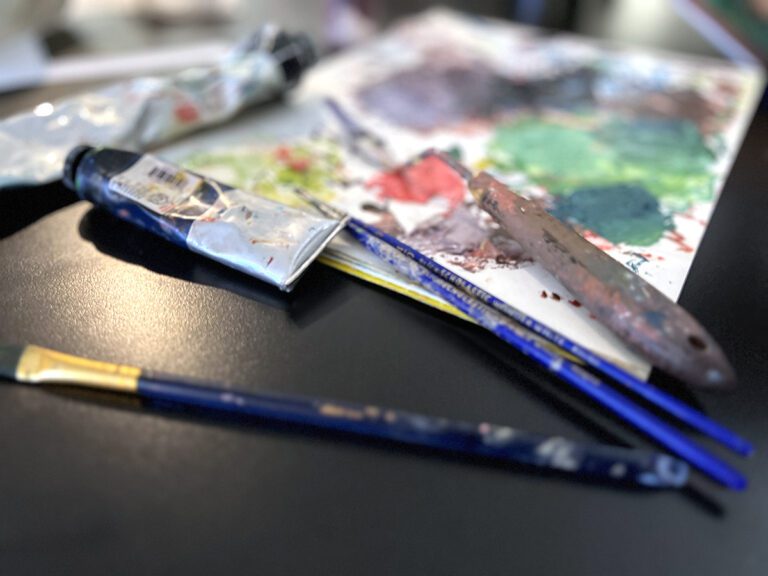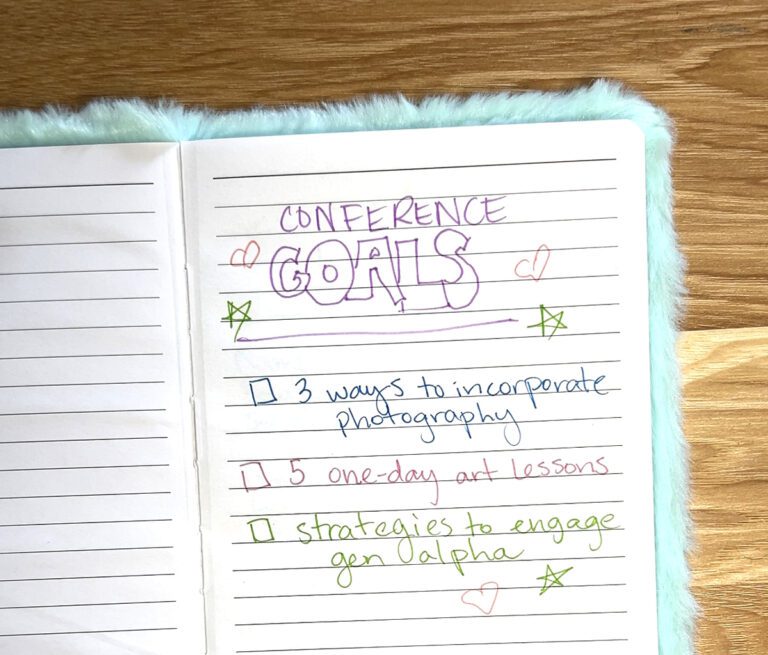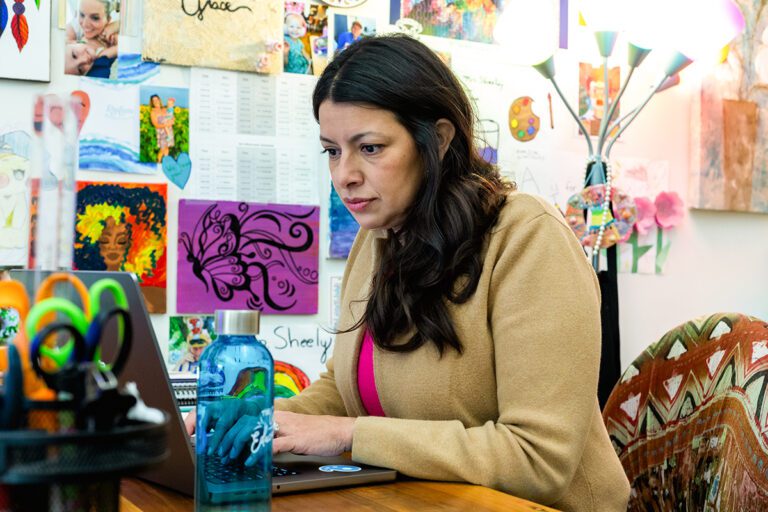At the end of the school year, I was waiting for a class at the gym to start. Not knowing I was a teacher, two women next to me were lamenting about the end of the school year. They were complaining about how their schedules were about to change now that their kids would be home on summer break. At this particular time, it seemed like everyone had been stuck inside for weeks because it wouldn’t stop raining. The women continued their conversation, discussing the weather by saying, “I hope this rain doesn’t keep up all summer. If it does, I’ll be wishing for year-round school so their teachers can entertain them.”
To say that listening to this conversation was insulting is an understatement. Are our jobs really viewed as entertaining others’ children? As the school year comes to an end, the burnout and mental drainage felt by teachers is enormous. Comments like these only add to the feeling.
Overhearing a discussion like this validates the claim that summer is a time to focus on you—not your students. Here are 4 reasons why.
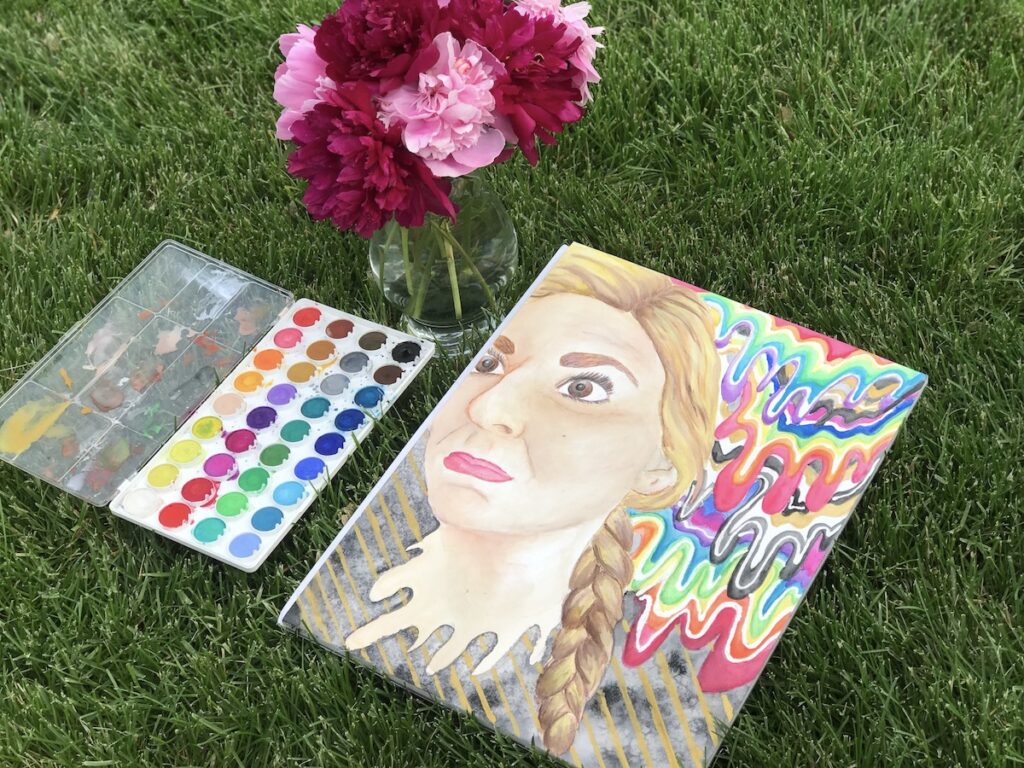
1. Teachers give all year long.
Most students count down the days before a break. However, some students don’t look forward to summer break, snow days, or holidays. These students may not know where their next meal is coming from or when they’ll see their friends. School is a safe, consistent norm for them. As a teacher, you give support, attention, and even tangible supplies to students all year. The profession of teaching is a calling as teachers are asked to give so much of themselves. Have you ever lain awake at night worried about one of your students? We love our students, we care about them, and we carry their baggage with us, but we need a break for our well-being.
2. Mental health is too important to ignore.
As educators, we know there is a need for more mental health supports for our students. Teachers need it, too. The World Health Organization now classifies burnout as a medical condition. Teacher burnout is a real thing causing many to leave the profession due to the high-stress, demands, and nature of the job. Teachers need to take care of themselves, and it starts by putting your needs first. It isn’t selfish; it’s essential and healthy.
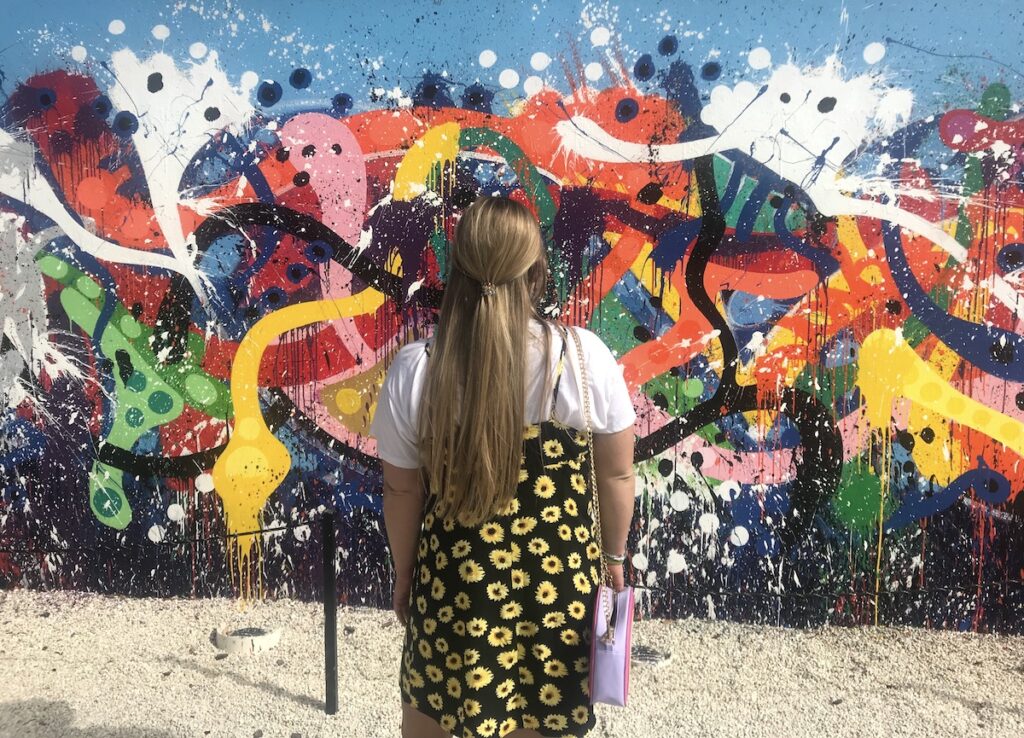
Burnout doesn’t only affect a teacher’s physical and mental well-being; it influences our students, our relationships, and overall self-worth. Ultimately, burnout can lead teachers to hate our jobs and distance ourselves from our work. It can take the joy in teaching away, which isn’t beneficial for you or your students. To help with these feelings, we’ve created a PRO Learning Pack all about coping. Be sure to check out Curbing Art Teacher Burnout for specific strategies and techniques.
3. Practicing self-care is essential.
Teachers are change agents, difference makers, and heroes. These titles don’t come lightly, and they’re exhausting. Teachers need self-care to be all of these things. In its simplest form, self-care is something we deliberately do to take care of our mental, physical, or emotional self. Invest in yourself this summer and practice self-care so you can start the new school year and become a change agent, difference maker, and a hero for an entirely new group of students. There are so many ways you can practice self-care.
Here is a list of 15 ideas to get you started.
- Read for fun.
- Be a student and learn something new for you.
- Sleep in and don’t feel guilty.
- Volunteer in your community.
- Try something new you’ve always wanted to do.
- Spend time alone, doing the things you love.
- Don’t work on anything school related.
- Spend your time at the beach or pool.
- Take an adventure in nature.
- Work an odd job, not related to teaching.
- Don’t go to your school.
- Listen to your favorite band or go to a concert.
- Don’t lesson plan.
- Check out a local art gallery.
- Make art for yourself.
4. Obligation is overated.
In the educational world, we are forced to do things every day that “we have to do.” If we want to keep our jobs, we often have to do things we don’t want to do. We have to submit lesson plans; we have to go to staff meetings, we have to sit through boring professional development—the list could go on. This summer, remove all of the “have to’s” from your life and find ways to celebrate the “get to’s.” You might get to spend more time with children, or get to make your own art, or get to spend more time with family and friends. You’re in control this summer, don’t let the “have to’s” bring you down.
If you want to show up next fall as the best teacher you can be, take time to recharge. Don’t feel guilty for putting your needs ahead of your students’ needs this summer. Stop comparing yourself to other teachers, and do what you need to be the best version of yourself. Next year’s students will thank you for it!
How do you spend your summer?
Do you feel guilty for thinking of yourself and not your students during the summer months?
Magazine articles and podcasts are opinions of professional education contributors and do not necessarily represent the position of the Art of Education University (AOEU) or its academic offerings. Contributors use terms in the way they are most often talked about in the scope of their educational experiences.
